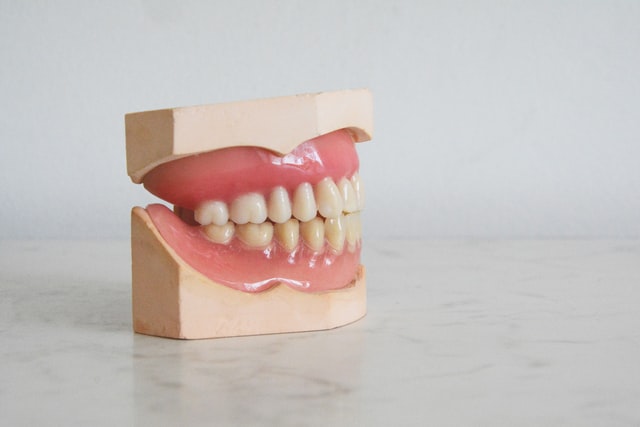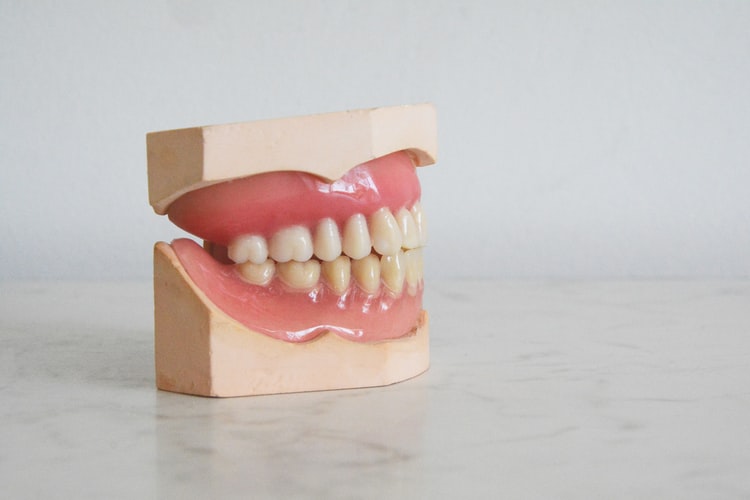Can Mouth Bacteria Affect the Heart?
Having a bright and healthy smile gives you the confidence to face and interact with people without reservations. Many people might not be aware but having poor oral health affects more than just your smile. Studies have shown that issues like untreated tooth decay and cavities can possibly affect the heart. Inflammation caused by periodontal disease can lead to an increased risk of getting a heart attack.
Untreated Cavities and the Heart
A cavity that is left untreated for too long can lead to periodontal disease, which causes the gums to recede. This creates a gap under the gum line where bacteria can thrive. This gap can be the entryway for bacteria to get into the bloodstream and reach the arteries of the heart. Bacteria can cause the arteries to harden, leading to a health condition called atherosclerosis.
Atherosclerosis cause plaque to grow on the inside walls of the arteries of the heart, which then leads to the restriction of blood flow to the other parts of the body. And as we all know, restricted blood flow in the heart is the main cause of heart disease.
Bleeding Gums and the Heart
Poor oral hygiene can be the cause of a gum infection. Common symptoms of an infected gum include redness, sensitivity, and possible bleeding during a dental cleaning, brushing, and flossing. This kind of bleeding can trigger a serious heart problem called endocarditis. This condition is caused by bacteria from infected gums, which spreads to the heart’s inner lining.
Bacterial growth in the inner lining of the heart can prevent the valves of the heart from properly doing their job. If these valves are not properly and efficiently working, then you have an increased risk of getting a heart attack.
Good Oral Hygiene for Heart Health
One of the best ways to lessen your chances of developing heart problems is by following a good oral hygiene regimen. This includes brushing the teeth twice daily and flossing at least once a day. It also helps to visit your doctor at least every six months to check for possible developing oral problems.
Aside from practicing good oral hygiene at home, another way of reducing your chances of developing endocarditis is to immediately tell your dentist or doctor of any health changes that can affect your heart health. This can include blood and heart complications, or taking new medications.






 |
|